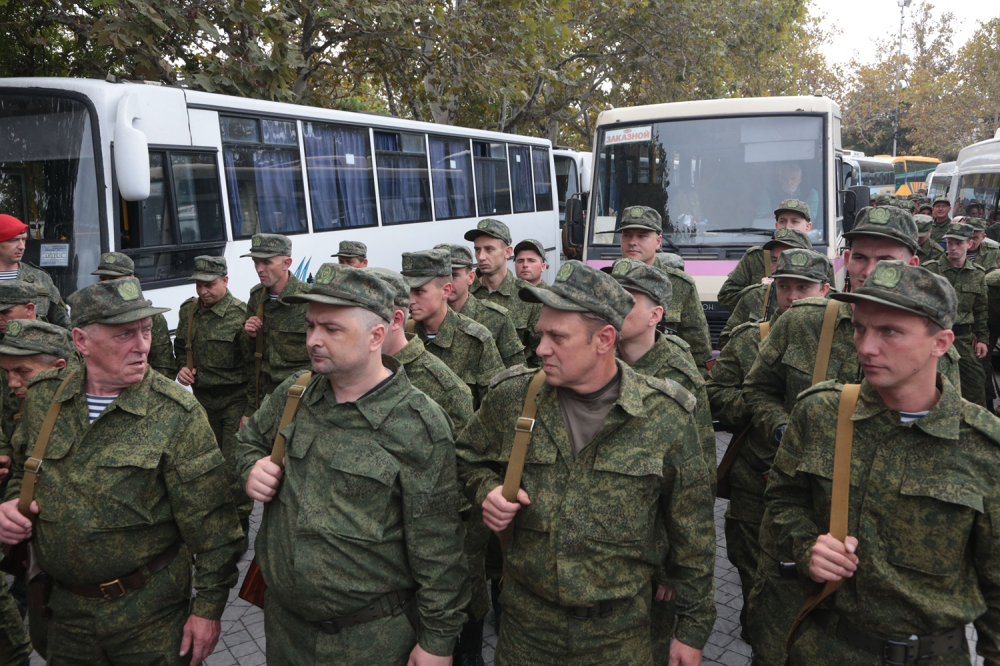It's the country that never really quite got fully off the ground.
The serfs revolted against he Czar.
But they became cogs under Stalin.
The USSR broke up, but they became subjects under Putin.
The population is dwindling due to war, disease, & emigration.

Putin's child snatchers turning kidnapped Ukraine kids into 'Russian zombies'
KIDNAPPED Ukrainian kids are being sent to sinister “re-education camps” by Putin’s evil child snatchers in a bid to turn them into “Russian zombies”, according to a r…www.the-sun.com

Russia’s population nightmare is going to get even worse
War in Ukraine has aggravated a crisis that long predates the conflictwww.economist.com

Russian troops 'forced to fight with shovels' due to ammo shortage
The head of the Wagner mercenary force that has led the assault renewed his criticism of Moscow’s military leaders over the weekend and warned that Russia’s positions in the area could be in jeopardy if the supply issues weren’t resolved.www.nbcnews.com

Mobilization Can’t Save Russia’s War
Russian troops are being trained to be cannon fodder.foreignpolicy.com
I know this will be controversial.
Some loathe Russia.
Others defend Russians as dupes.
Let the discussion commence.
People obviously can't watch over themselves so they need folks like Putin to do it for them.
